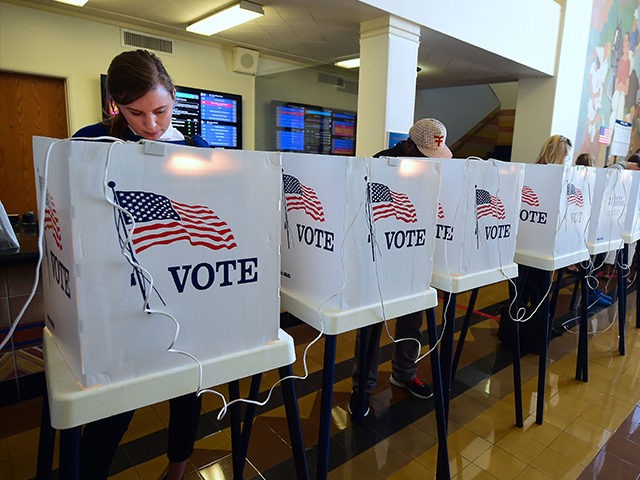Following the firing of FBI Director Comey, President Trump said “This Russia thing with Trump and Russia is a made-up story. It’s an excuse by the Democrats for having lost an election that they should have won. And the reason they should have won it is the Electoral College is almost impossible for a Republican to win. Very hard. Because you start off at such a disadvantage.”
Following the elections, then President-Elect Trump tweeted: “I would have done even better in the election, if that is possible, if the winner was based on popular vote – but would campaign differently”.
I would have done even better in the election, if that is possible, if the winner was based on popular vote – but would campaign differently
— Donald J. Trump (@realDonaldTrump) December 21, 2016
“I would’ve won the popular vote if I was campaigning for the popular vote. I would’ve gone to California where I didn’t go at all. I would’ve gone to New York where I didn’t campaign at all,” Trump said. “I would’ve easily won the popular vote, much easier, in my opinion, than winning the electoral college. I ended up going to 19 different states. I went to the state of Maine four times for one.”
President Trump was right.
The fact is, given the winner take all rule, we for all practical purposes elect the president of the Battleground States of America and not necessarily the president of the United States of America.
Four out of five Americans live in states that are decidedly Republican or decidedly Democrat. That means that because of the “winner take all” rules that determine how electors are sent to the Electoral College, much of America is ignored.
President Trump and Secretary Clinton limited their campaigning to probable battleground states — playing by the rules each state legislatively determined. But playing by the rules, as we have seen for the second time in 16 years, can with more frequency create a scenario wherein someone can be elected president while not winning the popular vote nationally. But those are the rules and BOTH candidates campaigned and won — or lost — this election by playing by the rules.
If the 2016 election had been run on the basis of the national popular vote, both candidates would have run entirely different campaigns. They would have taken their campaigns to all 50 states because every voter in every state would have mattered. Trump won the popular vote in the 12 battleground states where virtually all of the campaigning in 2016 was concentrated. He won by almost two points – 48.4 percent versus 46.5 percent.
It’s logical to assume, given the mood of the country and the dissatisfaction voters in every state had with both the Republican and the Democratic party establishment, Donald Trump would have won a national popular vote — had one actually been conducted and the race for president was run that way.
President Trump’s appeal was unique. Moreover, the style and substance of his campaign were also unique. He was, in effect, an asymmetrical candidate running in a conventional race with the uncanny ability to break virtually every political norm while at the same time bringing a committed coalition of populist, disenfranchised, and fed up voters to the polls.
Pundits and analysts will argue for years as to what really happened. But the reality is that Donald Trump delivered a message and a politically incorrect style that had broad appeal to traditional Republicans, Democrats, Reagan Democrats, and as Hillary Clinton opined, the “Deplorables”. The American people were upset and one can argue that we had a second American Revolution, but thankfully this one was held at the ballot box rather than the end of the barrel of a gun.
There is merit to President Trump’s argument that he would have won a national popular vote. He has noted correctly that while a national popular vote would be more representative and fair he also supports keeping the Electoral College which guarantees elections will continue to be run, supervised, and administered locally by the states and not nationalized as a constitutional amendment would require.
We believe President Trump is right and that the American people should consider following the President’s lead on this issue and seriously explore the National Popular Vote Compact, which both of us support.
Under the compact, the candidate who receives the most votes in all 50 states and the District of Columbia would win the presidency while preserving the Electoral College to guarantee the states continue to administer and control the elections.
This is an idea whose time has come.
Michael Steele is a Former Chairman of the Republican National Committee.
Saul Anuzis is a Former Chairman of the Michigan Republican Party.

COMMENTS
Please let us know if you're having issues with commenting.